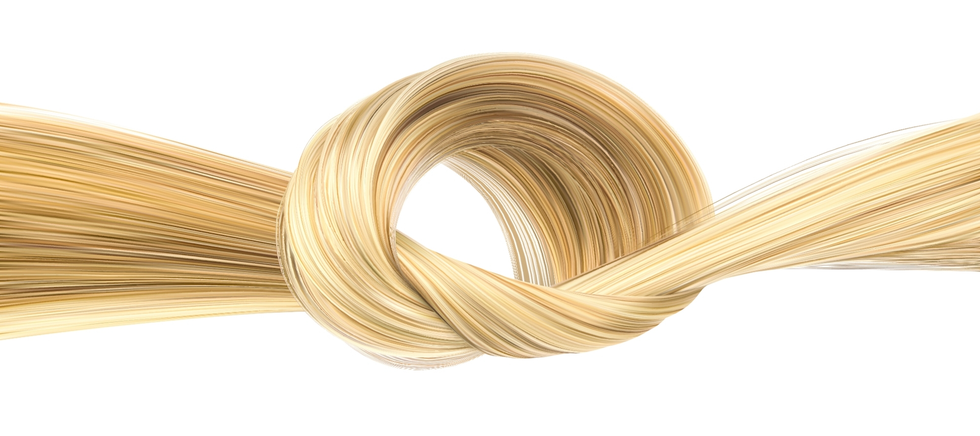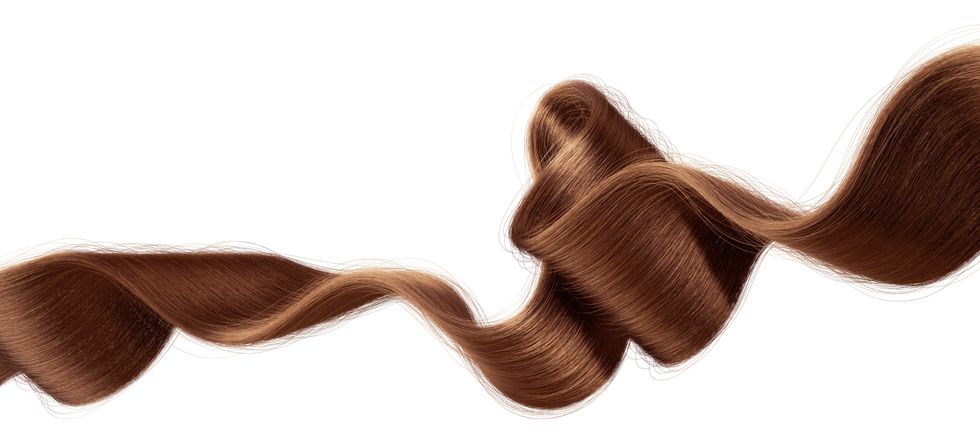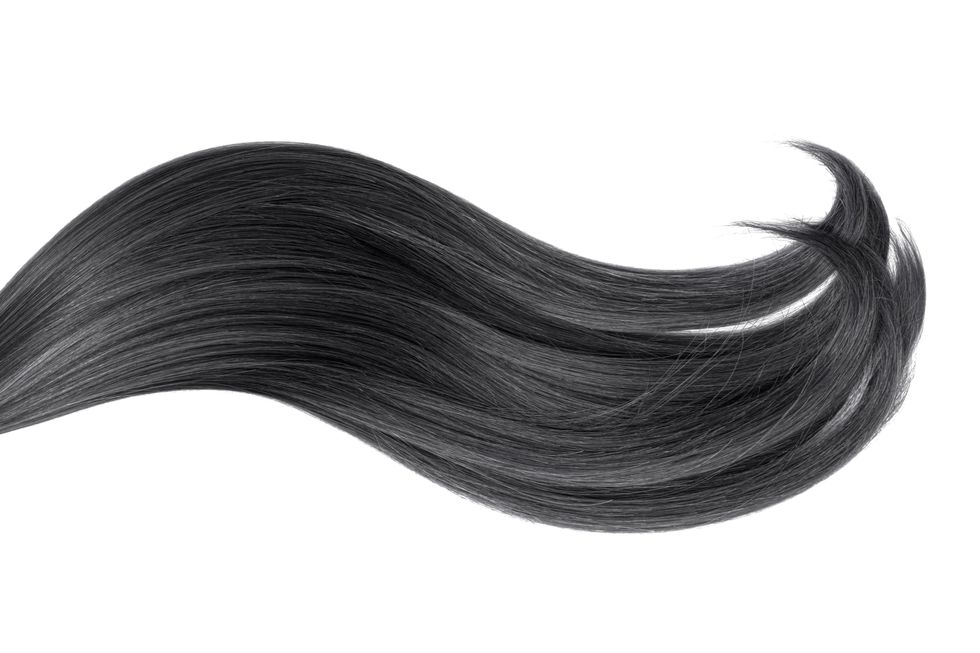
You like my hair? Gee, thanks, just bought it
UAEHair extensions aren’t just about length or volume — they’re about perfection. And in Dubai, perfection is the baseline.
Dec 11, 2024
Dec 11, 2024
Share
Share this link via
Copy Link
https://nukta.com/you-like-my-hair-gee-thanks-just-bought-it
In a bright, glassy salon tucked into one of Dubai’s endless high-end malls, a woman sits perfectly still. A stylist is attaching strands of brunette hair to the base of her own.
The process is painstaking, involving small knots tied so invisibly that only a professional could tell where her real hair ends and the fake begins. She scrolls absentmindedly on her phone, occasionally looking up to inspect the progress in the mirror. “They just make everything easier,” she says smiling as she catches my eye.
Spend a single day in Dubai, and you’ll see it everywhere — the cascade of impossibly voluminous waves, the sleek ponytails that seem to defy physics, the perfectly coiffed buns that don’t wilt even in 40-degree heat. It’s mesmerizing. I remember I pointed one such woman out to a friend at the mall.
“That looks like a shampoo ad,” I said.
“Extensions,” she replied without missing a beat.
“How can you tell?”
“You can’t,” she shrugged. “That’s the point.”
The mane event
Long, thick hair has historically been associated with femininity and wealth.
Beauty in the UAE is not subtle. It’s aspirational, status-driven, and highly performative. In a country where social gatherings—weddings, family celebrations, even casual coffee dates — are events to be seen at, beauty is more than personal grooming; it’s a cultural expectation, and hair is one of the easiest ways to communicate effort.
Hair, in particular, holds a special place in this equation.
“Hair is identity,” Chrissy, a hairstylist at a Dubai Hills salon, tells me. “In this region, it’s one of the first things people notice about you. If it’s thick, shiny, long, you’ve done something right.”
She gestures at the rows of hair extensions lining the wall, a spectrum of shades and textures curated for her clientele: wealthy Emirati women, expatriates from across the globe, and a growing crowd of influencers eager to embody the "Dubai aesthetic".
Why not? If you can buy a better bag, a better car, or a better house, why not buy better hair?”
It’s not just about wanting longer or thicker hair; it’s about what extensions do — for your look, your confidence, and, let’s be honest, your social standing.
"Think about it, rich people never have frizzy hair," Chrissy adds. And dang, she was right.
A pricey practicality
The desert climate is brutal on natural hair, sapping it of moisture and shine. Facebook groups are filled with women complaining about experiencing excessive hair loss after moving due to the "hard" water. Add in the constant air-conditioning, and what you’re left with is a perfect storm for split ends. Extensions aren’t just a beauty hack — they’re survival.
When I asked women why they turned to extensions, the answers varied but often came down to one word: convenience. “It saves so much time,” one woman told me. “With extensions, I wake up with perfect hair. No blow-drying, no styling — it’s just there.”
I’m on camera all the time. People expect me to look perfect. Extensions make that possible.
But practicality doesn’t quite explain the price tag. The most coveted extensions in Dubai come with a hefty cost — anywhere from AED 700 for basic tape-ins to upwards of AED 10,000 for full-length, natural human hair weaves. A head full of luscious, expensive extensions isn’t just about looking good; it’s about signaling your place in the social hierarchy.
“When you walk into a room with perfect hair, people know you’ve invested in yourself,” says Yasmine*, an influencer who has over 250,000 followers. “It’s like wearing a Chanel bag, but on your head.”
Big hair energy
The rise of extensions in Dubai has created its own mini-economy. Salons, suppliers, and stylists all cash in on the demand, importing hair from halfway around the world But there’s a darker side to the business that’s harder to ignore.
Most human hair used in extensions comes from women in economically disadvantaged areas, often in exchange for small payments. Hair donation practices, particularly in countries like India and Cambodia, have been criticized for being exploitative, raising questions about the origins of those lustrous locks. Transparency in the supply chain is rare, and ethical sourcing is more of a buzzword than a practice.
When I asked a stylist about this, she was blunt.
“I've yet to have a client ask where the locks come from. Most people don’t care,” she said.
Beauty is about being the best version of yourself — and sometimes, that version has 24 inches of extra hair.
However, Mahmoud, who works at a salon in Business Bay says things aren't quite as bleak.
“There’s definitely more awareness now about where hair comes from. Some of our clients ask about sourcing, and we make it a point to work with ethical suppliers. But let’s be honest — most people are more concerned with how it looks on their head than how it got there.”
Of course, none of this is unique to the UAE. The performance of beauty is a universal phenomenon, and hair has always been part of that performance. What makes the UAE stand out is the sheer scale of it. They really believe in the "Go big or go home" philosophy. Here, beauty is as much about competition as it is about self-expression. The city itself seems to demand perfection, and extensions fit seamlessly into this narrative.
But there’s also something undeniably empowering about the way women here embrace beauty as a form of agency. While we may talk a lot about natural beauty, about letting flaws show and celebrating imperfection, in the UAE, the attitude is different: Why not use every tool at your disposal to look and feel your best?
*Certain names have been shortened or omitted at the request of the subjects
Back To Top
Company
© 2025 NUKTA. Owned by Pulse Media Networks FZ-LLC All Rights Reserved.






Comments
See what people are discussing